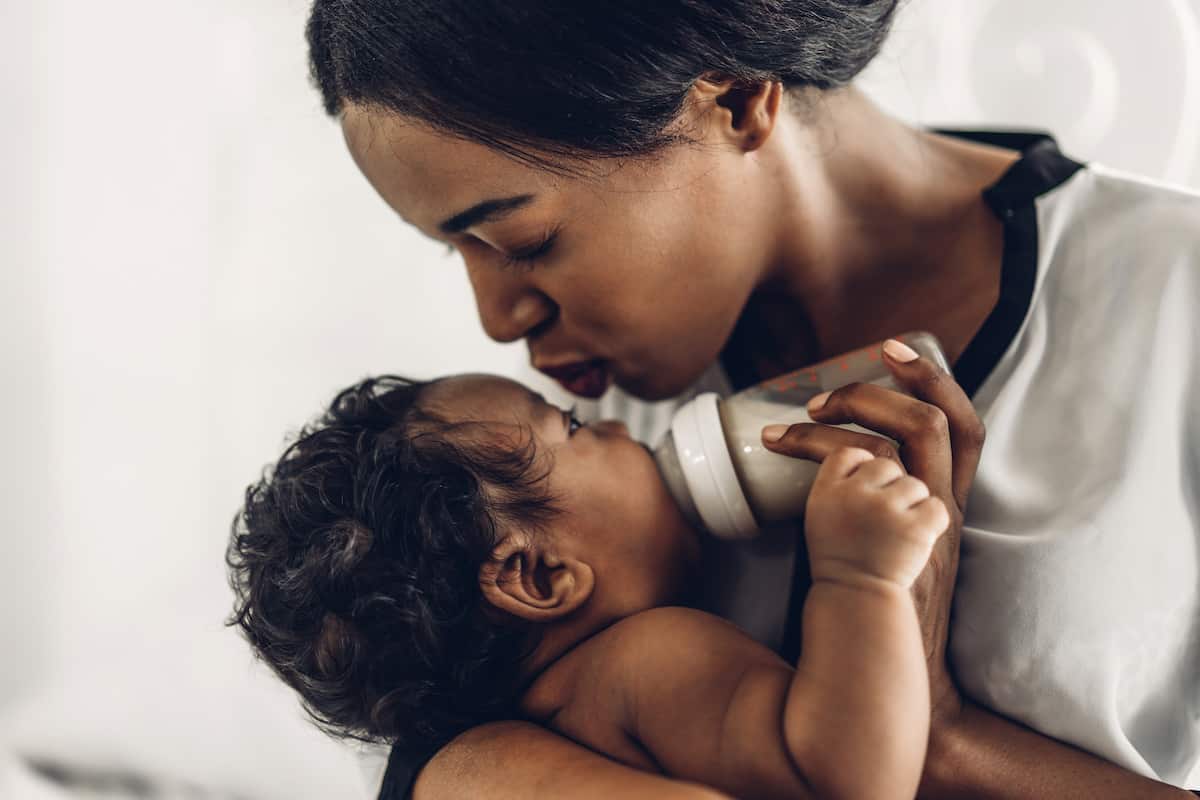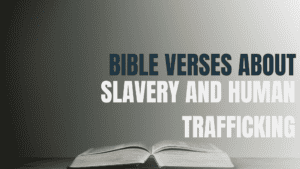As pro-life advocates, when we talk to someone who is pro-choice, there is a certain tension involved. This pressure comes from knowing what the Bible says about life, and we know we are standing on the side of God’s truth. However, even though the person disagrees with our pro-life views, and we may be frustrated with their responses— we still know we’re advocating for truth. This is the same sort of tension that occurs when we talk about racism.
Race and Abortion
With racism, it’s sometimes hard to define the lines of what is truth and what is not. Living in a progressive world, we genuinely want to believe that racism doesn’t exist. We lean towards this thought, because we live in a country of so many opportunities. After all, an African American man has been president. And we are all familiar with successful African American athletes, politicians, actors, and media people.
Is there really still racism in 2020? According to statistics, the truth is obvious. Take, for example, the fact that almost 40% of abortions are performed on African American women. Also, consider the fact that the majority of abortion clinics are located in minority neighborhoods.
Since joining the pro-life pregnancy center movement, a decade ago, I’ve have often been asked: “With the alarming numbers of African American women choosing abortion, how do we, as pregnancy centers, reach the African American community? How do we connect with clients and reach more potential staff and volunteers?”
First, it’s important to understand where your African American women come from. It’s vital that you seek to educate yourself on their family, community, influences, and experiences as a person with brown skin. Their stories matter and significantly impact the decisions they make.
Building Bridges
As an African American woman, one who cares deeply about racism and its impact, the Lord has placed a specific call on my life. He has called me to build a bridge from those serving in the pregnancy center movement to the community who they have talked about wanting to reach.
Building these bridges will have a lasting impact on both generations of black and white people, helping to create a greater understanding of how to reach their African American brothers and sisters. If we want to reach the African American community, we need to let them be heard, understood, and empowered.
As I mentioned before, experiences matter, especially when you’re sitting across from a young pregnant girl who is telling you all the reasons why she can’t have that baby.
Picture a star student who was the first of her family to attend college. One day, she discovers she is pregnant, she is filled with fear and doubt. Not only is she disappointed in herself, but she worries this will devastate her family.
Her grandmother, who helped raise her, is already parenting her sister’s children. She was supposed to be different. To make things worse, she can’t tell her pastor or youth pastor for fear of disappointing them too! Shrouded in worry, she goes to the father of her baby and then her best friend to seek further advice. Her boyfriend tells her it’s her decision– he will support whatever she decides. Her girlfriend will likely refer her to the place where she had the most affirming experience when she faced the scare of an unplanned pregnancy. Will it be a life-affirming pregnancy center or their local abortion clinic?
Safe Conversation
In conversation with a very good pro-life friend of mine, also an African American woman, our views on racism are fundamentally different. However, despite our difference in opinion, we hear each other because we know that our hearts are alive with the heartbeat of God. At the end of the day, because both of us desire to bring forth the Kingdom of God, we can continue to have an open dialogue. Through our conversations, we talk about real things that impact our race and culture.
My friend shares with me that there are 38 million black millionaires in our country, so the idea that racism is holding us back is not accurate. I share that we can look through institution after institution for many generations, and we can often see the results of a system that was built unequally.
Perhaps a young African American woman has lived this out firsthand. She has seen the economic impact of the under-representation of African Americans in high paying jobs, wage gaps, and household wealth. These are all factors that could impact her decision to choose life. She might believe the lie that abortion will deliver herself and her baby from inequality and poverty.
Experiences Matter
While we do not see eye to eye, our conversation shows that we’ve had different life experiences within the black community. These differences leave a distinct impression on how we view the world. The key is asking ourselves questions to help us understand the world view of the young woman facing an unplanned pregnancy.
What has the client sitting before you experienced as a child or young adult? How does it impact her perception of the world around her? Because of the lessons life has taught her, does she view authority figures as vastly different from how you see them?
It's About Trust
Historically, the pro-life movement has been predominantly white. In other words, they have been the dominant culture regarding this issue. I understand morally and Biblically why protecting life in the womb is essential, but this movement has not always felt like a welcome place for people of color.
While understandably and historically the pro-life movement has focused heavily on the injustice that is happening in the womb, and the astounding, disproportionate numbers of black babies aborted each year, they have often fallen short in understanding other issues faced by their communities. These issues are also impacted by the atrocity of abortion and how that ties into each abortion decision. There seems to be a fear that bringing any other issue into the pro-life conversation could somehow water it down.
This has made the pro-life narrative polarizing, freezing out those they want to most reach by holding tightly to a single narrative regarding the preborn.
Racism Impacts the Abortion Minded
Let us return to the woman facing her unplanned pregnancy. She has talked to her boyfriend and now her best friend. She has spoken to them first because she trusts them, and they understand her. The question remains— why is this woman not calling her local pregnancy center for help? Possibly she has no idea that it exists or maybe there isn’t one in her community. Perhaps it is in her community and has not integrated well by getting connected to community and church leaders. Maybe the center has failed at developing relationships within schools and community centers.
Now, let us explore the possibility that she does go to the pregnancy center. At the pregnancy center, she only sees individuals who are Caucasian. She immediately feels they may not understand where she comes from or wonders if they will only care about her preborn child. Those of us who have volunteered or worked in pregnancy resource centers will likely say that this is not what happens. But unfortunately, because at some point it might have happened, stories develop and are shared within the black community. Trust is broken even before she has stepped foot inside the room to meet for her appointment— life experiences matter.
How to Respond
When you come from a community that, for over 400 years, has been influenced by a culture that struggles to understand your struggles, it isn’t easy to connect. When you feel like someone is making decisions about you based on the color of your skin, something you cannot control, a foundation of distrust is the point from which you begin every interaction. As a pregnant black woman facing an unplanned pregnancy, how then do you trust?
Choose Life Marketing has established a new initiative called Pro-Black Pro-Life. The vision of Pro-Black Pro-Life is to invite and engage in conversations that lead to change. It looks to mobilize a movement that informs an audience of things that may not be as they seem. Their goal is to engage black communities for action regarding the issue of life and ultimately transform thought.
Pro-Black Pro-Life desires to reach abortion-minded black women with life-affirming truths and hope. They want to empower black women who influence their communities to speak boldly. Their motive is to become a more robust, louder voice for the preborn black babies.
My Choice to Be A Voice
As a mother of 8 black children, I want to prepare them for adulthood. I could protect them from many things when they were little, but I know life for them will be different as they become adults. My heart is to see them have a place at the table. To be voices for the vulnerable, the oppressed, and the preborn. My goal for Pro-Black Pro-Life is similar to create conversations that build trust, open active lines of communication, give a voice to those who feel like they don’t have one, and cause change that impacts generations.




















